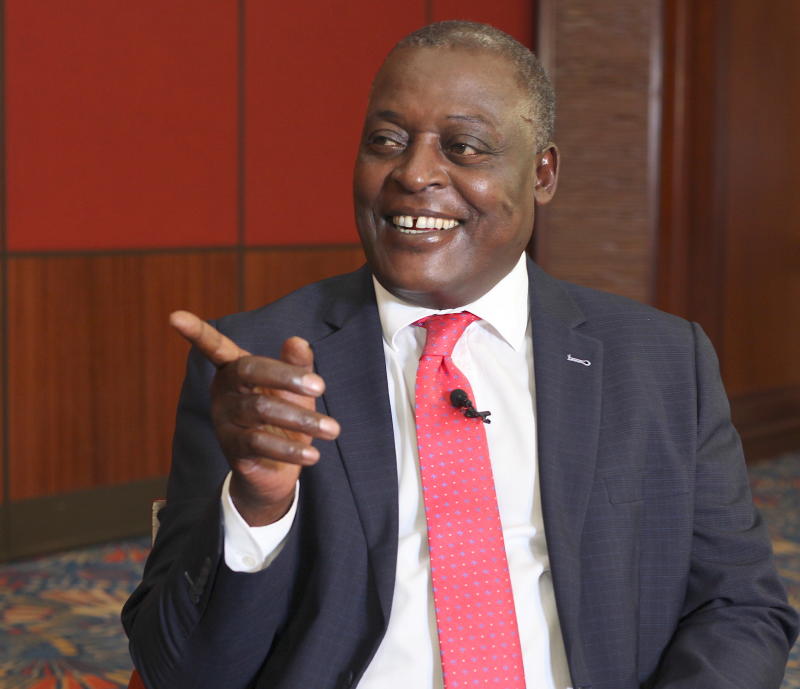
Here is a man whose politics and wealth have been constantly linked to a questionable assembly of youthful leaders who campaigned for the re-election of President Daniel arap Moi in 1992, it is written in Moi Cabinets, a coffee table book published by the Kenya Year Book Editorial Board and whose excerpts we bring you.
A survivor in his own right, he has overcome myriad auctions of the business empire he built from the proceeds of the Youth for Kanu 1992 (YK 92) campaign lobby that he co-founded. The freshly released KES 500 bank note became synonymous with the name Jirongo after YK 92 widely distributed it as vote-buying handouts during the election campaigns that year.